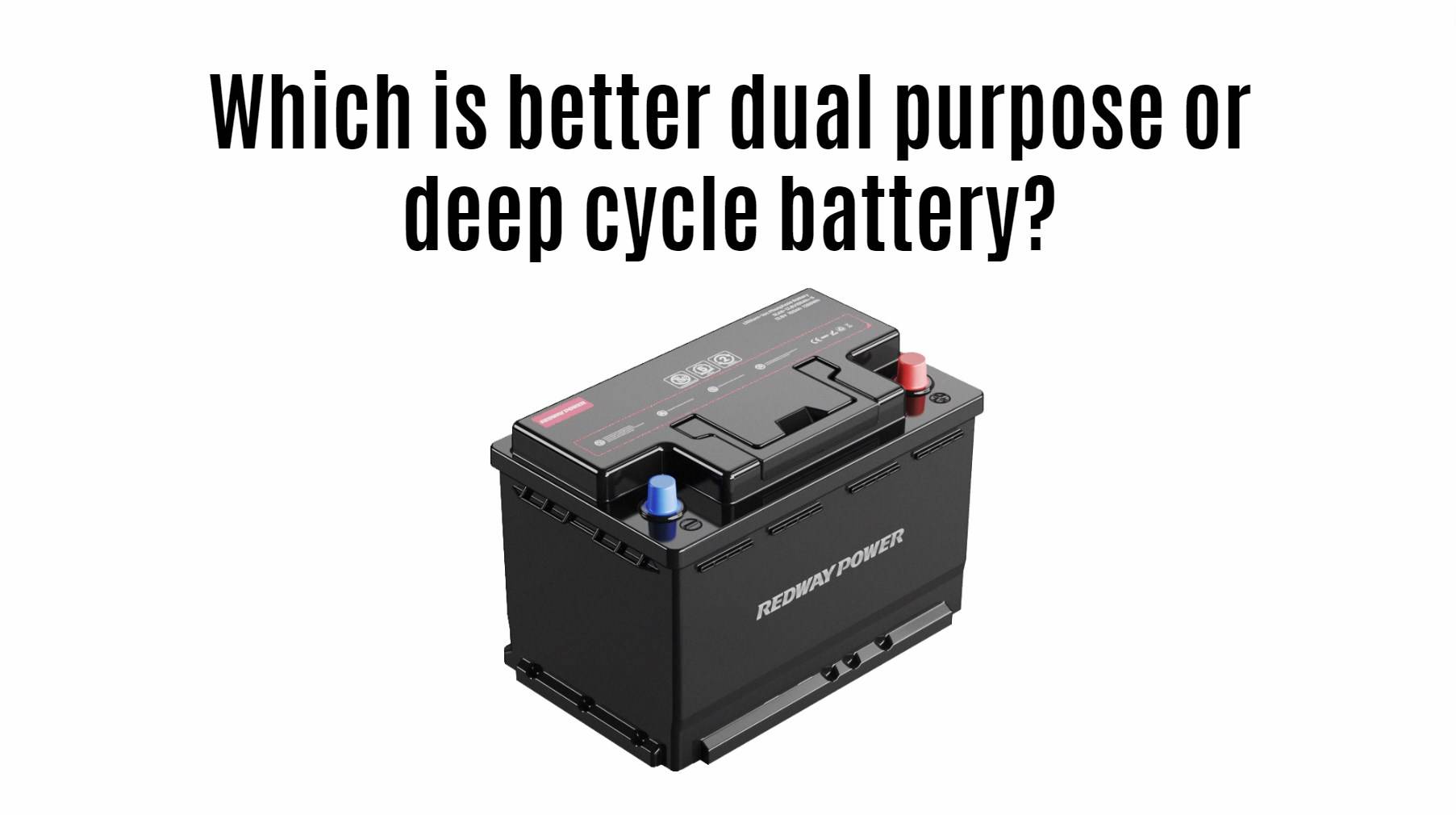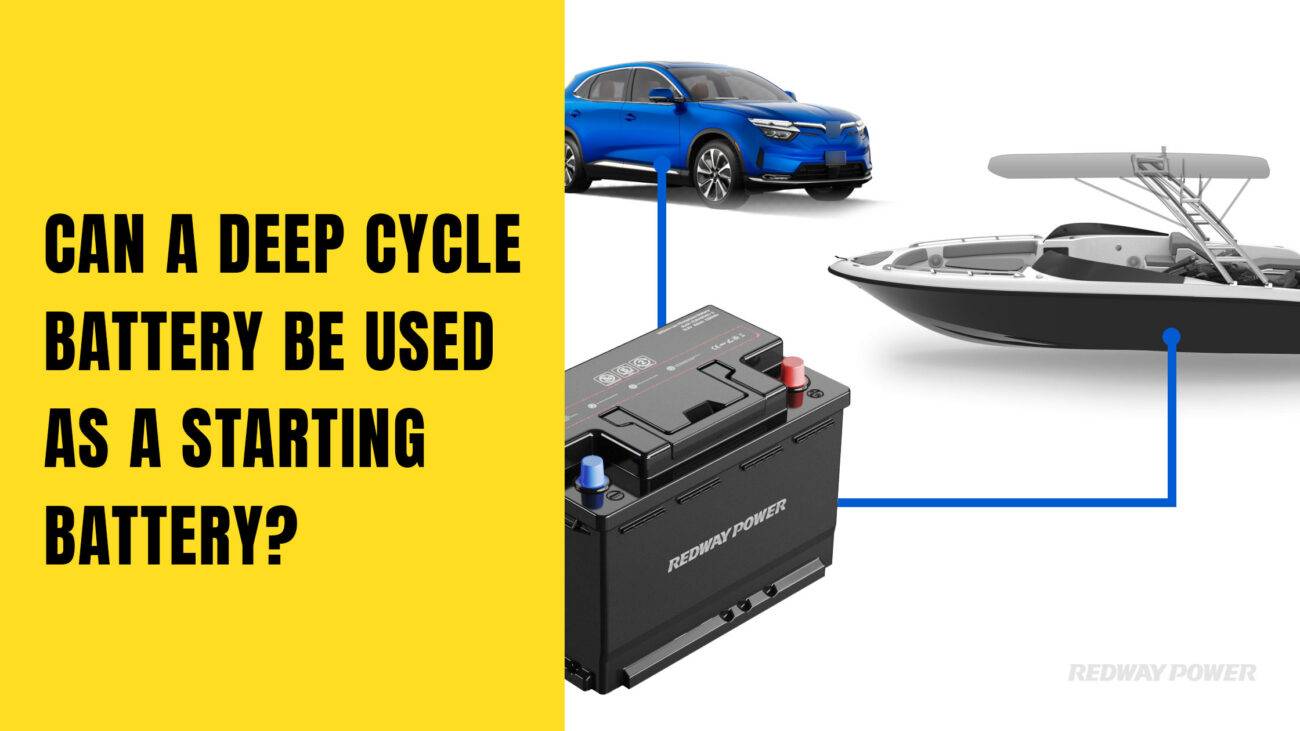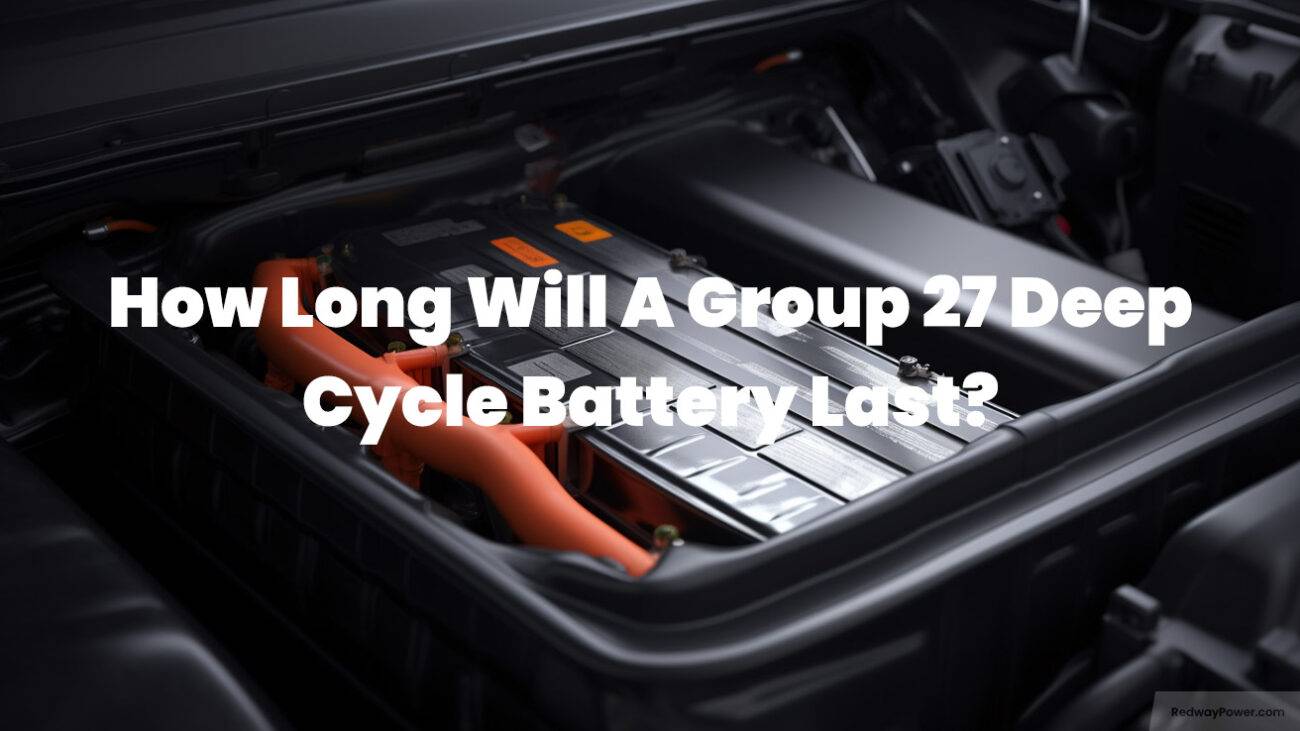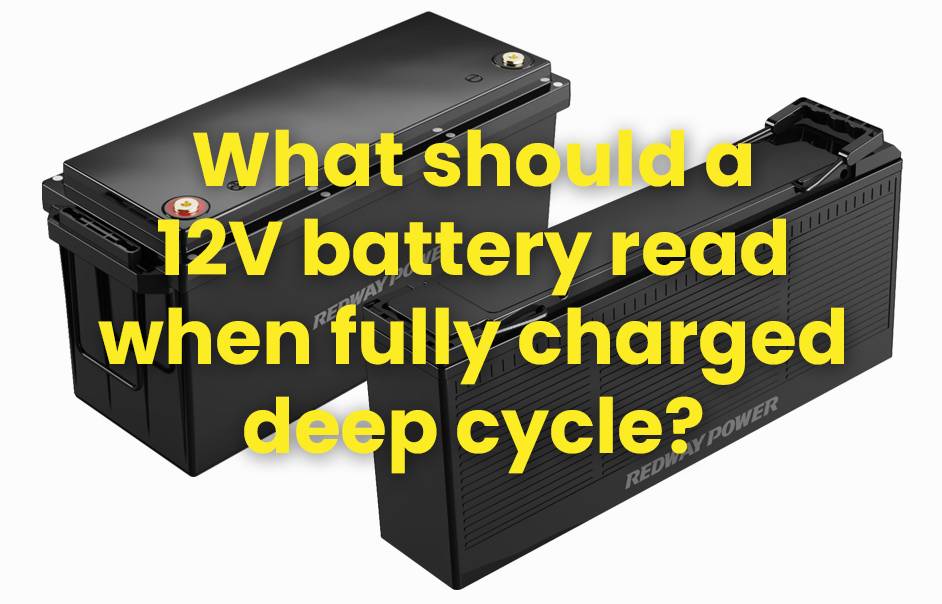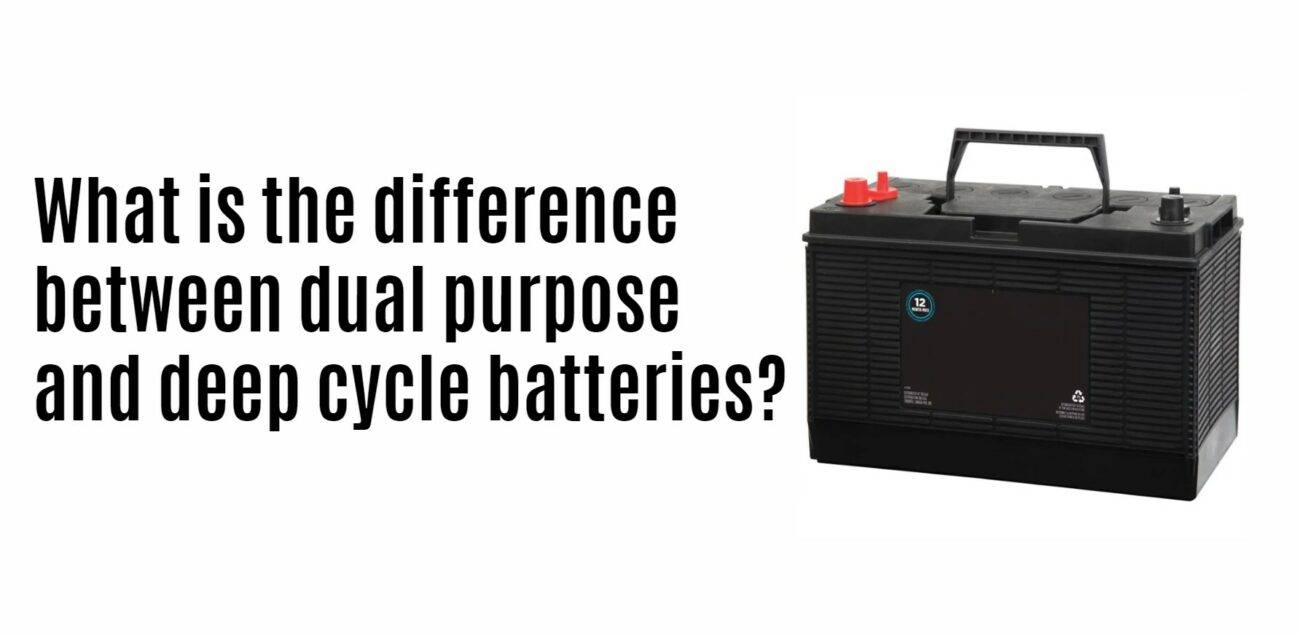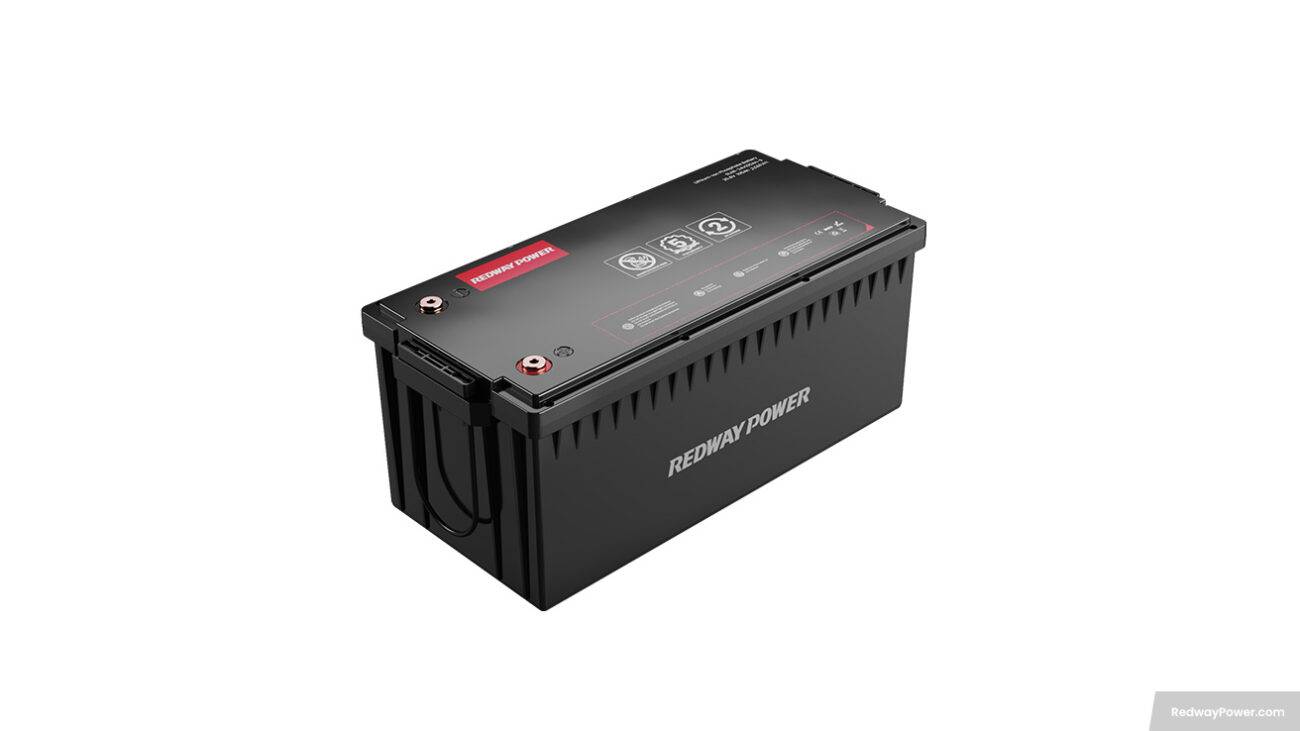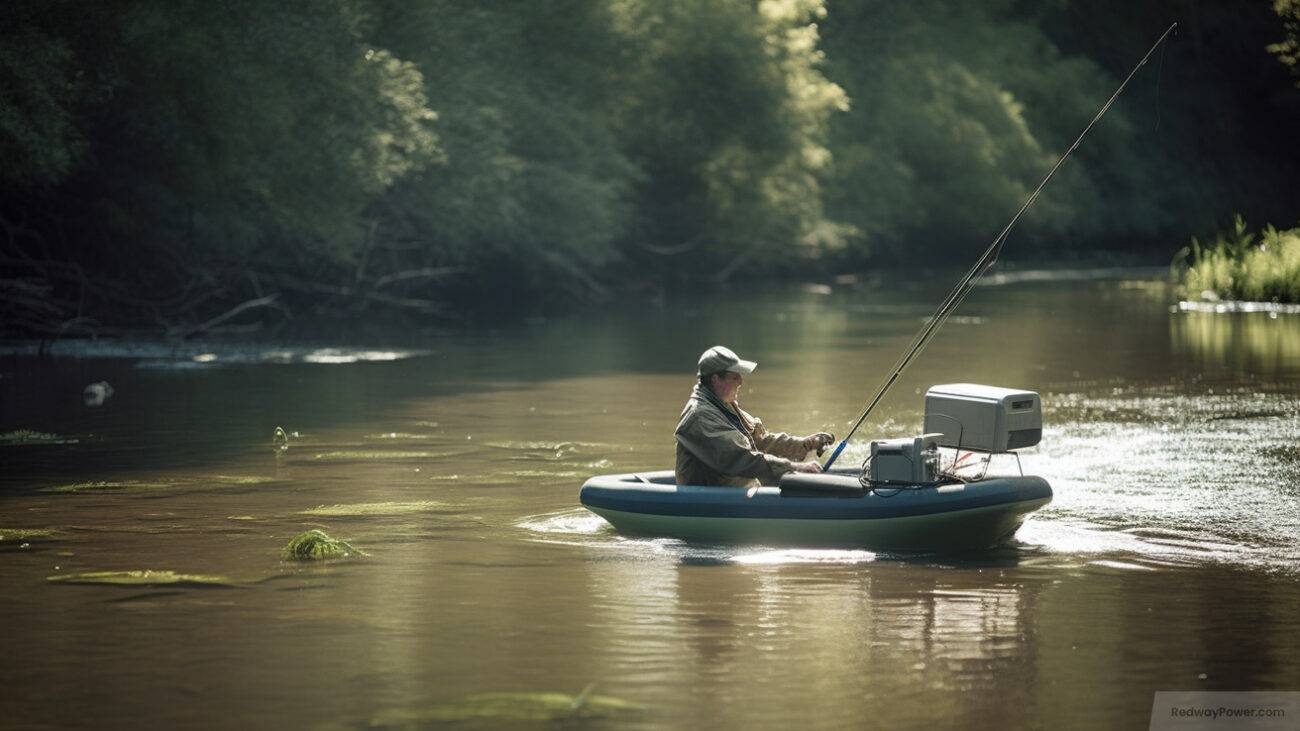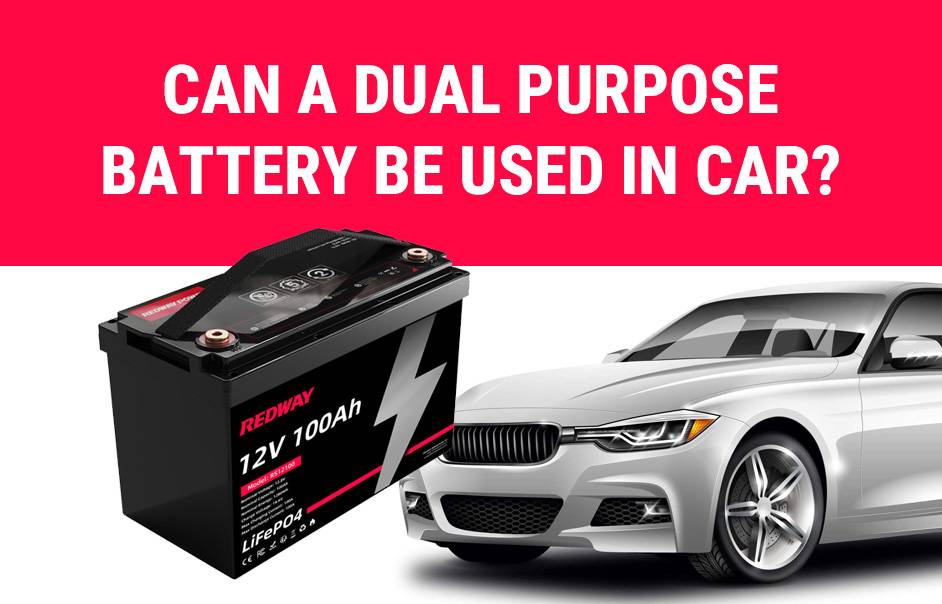When deciding between a dual-purpose and deep cycle battery, it’s important to consider your specific power needs. Dual-purpose batteries offer a balance between starting power and cycling capabilities, while deep cycle batteries excel in providing sustained power over extended periods without significant wear and tear.
-
Dual Purpose Batteries:
Dual purpose batteries are designed to provide a combination of starting power and cycling capabilities. They are versatile and suitable for applications that require both reliable engine startup and sustained power delivery. Dual purpose batteries can handle moderate cycling but may not withstand repeated deep discharges as effectively as deep cycle batteries. -
Deep Cycle Batteries:
Deep cycle batteries, as the name suggests, are specifically designed for deep discharges and recharges. They are built with thicker plates that can withstand repetitive deep cycling without significant wear and tear. Deep cycle batteries are ideal for applications that require sustained power over extended periods, such as marine trolling motors, RV house systems, and off-grid solar power systems. -
Choosing the Right Battery:
Selecting the better option between dual purpose and deep cycle batteries depends on your specific power requirements. If you need a battery that can provide both starting power and moderate cycling capabilities, a dual purpose battery is a suitable choice. However, if your application demands sustained power delivery over extended periods and frequent deep discharges, a deep cycle battery would be the better option.
Table of Contents
ToggleUnderstanding Dual Purpose Batteries
Dual purpose batteries are like versatile athletes; they can sprint to get the engine roaring and also run a marathon powering gadgets. They’re great for boats or RVs where you need to start the engine and also run electronics when the engine is off.
Imagine you’ve got a music player that needs to be loud enough to start a party but also play all night long. Dual purpose batteries are similar. They have the power to kickstart engines, like revving up the tunes, and also keep a steady beat by running all your gear, like lights and radios, even after the motor quiets down. It’s about stamina and strength.
For a clear understanding:
1. Dual purpose batteries start engines—like a sudden burst of energy.
2. They power accessories for a long time—steady energy for the long haul.
3. They’re perfect where you don’t have room for two types of batteries.
2. They power accessories for a long time—steady energy for the long haul.
3. They’re perfect where you don’t have room for two types of batteries.
So, for uninterrupted adventures or work where you need consistent power, even in the middle of nowhere, count on a dual purpose battery to cover you for both the sprints and marathons of your energy needs!
Understanding Deep Cycle Batteries
Deep cycle batteries are like marathon runners; designed to go the distance, providing power steadily over time. They’re perfect for boats, RVs, and solar panels, where you need energy over longer periods. Unlike regular car batteries, they keep on running, powering your adventures or projects.
Deep cycle batteries are the hard-working, long-distance athletes of the battery world. Let’s break it down:
- Unlike the sprinters (car batteries) that give a quick burst of energy to start your car, deep cycle batteries are the marathoners, designed to provide a steady supply of power over a longer time.
- Imagine using a battery to run all the lights in a camping trailer overnight or to power a trolling motor on a boat for hours. That’s where deep cycle batteries shine. They’re built to be discharged down to 20% of their capacity repeatedly, which makes them the perfect choice for any situation where you need a reliable, long-lasting power source.
- There are different types of deep cycle batteries, such as lead-acid, which are the traditional choice, AGM (Absorbent Glass Mat) for a maintenance-free option, and lithium, which, although more expensive, offers the highest efficiency, longest lifespan, and least weight.
So, when you’re gearing up for an off-grid adventure or setting up renewable energy solutions, a deep cycle battery is your go-to power squad. They’ll keep the lights on, the fridge cold, and your gadgets charged, ensuring you’re powered up for the long haul.
Pros and Cons of Dual Purpose Batteries
Got a boat or RV? Then you know space is precious! Dual-purpose batteries save space by starting engines and powering gadgets. But, they might not last as long because they do double duty. They’re like a Swiss Army knife for batteries—super handy but might not replace every tool.
Hey, think of a battery like a player on a sports team. Some players are great at fast, powerful moves, and others can play for a long time without getting tired. Most batteries are like these players: they’re good at one thing. Starting batteries are the sprinters – they give a quick, strong boost to start engines. Deep cycle batteries are like marathon runners – they go the distance, powering stuff for ages. But what if you have room for only one player? Here comes the dual-purpose battery – the all-rounder. It can start your engine and keep your lights on. Super cool, right? But there’s a catch. It’s not quite as fast as a sprinter and can’t run as long as a marathon runner.
Here’s the lowdown:
- Versatility: One battery, two jobs.
- Space Saver: More room for snacks and gear!
- Budget-Friendly: Save some bucks, buy one battery instead of two.
Just keep in mind, this all-rounder might get worn out faster than specialized batteries, and it can’t hold as much energy as the marathon runner. But for many adventurers, it’s the perfect middle ground.
Pros and Cons of Deep Cycle Batteries
Deep cycle batteries are great for long-lasting power in RVs and solar systems but can be pricey and heavy. They need some upkeep but are super reliable for many charges!”
Imagine deep cycle batteries as the long-distance runners of the battery world. They’re built to last, not sprint. Here’s a simple way to understand their pros and cons:
Just like athletes train for marathons, deep cycle batteries are made for the long haul.
-
Strong and Reliable: They keep going and going, able to recharge many times before giving out. It’s like having a friend who’s always there for you, day in and day out.
-
Powerful Helpers: Whether it’s keeping the lights on in your RV or powering a solar setup, they provide a steady flow of energy. Think of them as the turtle in the race; slow and steady wins the race.
-
A Bit High-Maintenance: Some types need you to check on them, kind of like a pet needing regular walks. Others are more hands-off, happy to do their thing with minimal fuss.
Deep cycle batteries are a bit like gold coins in a treasure chest—valuable, a bit heavy, but oh so beneficial. They’re an investment, yes, but one that pays off with consistent and reliable power. Whether for a cross-country RV adventure or a cozy off-grid cabin, they keep the lights shining bright and the adventures going.
Factors to Consider when Choosing Between Dual Purpose and Deep Cycle Batteries
Need a battery for your boat or RV? Decide if it’s mostly for starting the engine (get a dual-purpose battery) or for continuous power like running lights and appliances (go for a deep cycle). Consider how much power you need, how long the battery lasts, and how much you want to spend.
When it’s time to pick a battery for your vehicle or setup, think of it like choosing a pet. Some pets (dual-purpose batteries) are great at doing tricks and running fast (starting engines) but can also chill out with you (powering devices). Others (deep cycle batteries) are more like the friend who’s always ready to hang out for a long time, powering your gadgets without getting tired.
Imagine batteries as two types of superhero sidekicks for your adventures.
- Dual-Purpose Sidekicks: Quick to jump into action and start things up but can also stick around for the fun, powering your adventures.
- Deep Cycle Companions: These pals are in it for the long haul, reliably powering your gear without frequent breaks.
Whether you’re setting sail or hitting the road, think about your adventure needs. Do you need a quick start or long-lasting power? Also, consider how big of an adventure you’re planning (battery capacity), how tough the journey might be (durability), and how much loot you’re willing to spend. Pick the partner that best suits your quest!
FAQs
Can lithium batteries be used on boats?
Yes, lithium batteries can be used on boats. Specifically, Lithium-Iron-Phosphate (LiFePO4) batteries are recommended as safe for marine applications. They are waterproof, compact, shock-resistant, and have efficient cooling and temperature distribution.
- Lithium batteries, particularly Lithium-Iron-Phosphate (LiFePO4) chemistry, can be used on boats.
- LiFePO4 batteries are recommended as safe for marine applications due to their stability and safety features.
- They are waterproof, compact, shock-resistant, and have efficient cooling and temperature distribution.
What amperage should a boat battery be charged at?
The amperage at which a boat battery should be charged depends on its capacity. A general guideline is to use a battery charger that outputs 10-20% of the total battery capacity in amp hours. For instance, if you have a 100Ah battery, a charger with an output of 10-20 amps would be appropriate.
- The amperage at which a boat battery should be charged depends on its capacity.
- A recommended guideline is to use a battery charger that outputs 10-20% of the total battery capacity in amp hours.
- For example, a 100Ah battery would benefit from a charger with an output of 10-20 amps.
Is it possible to use a trickle charger with a marine battery?
Yes, you can use a trickle charger with a marine battery. Trickle chargers are designed to provide a low and constant charge, maintaining the battery’s health without generating excess heat. It’s important to refer to the manufacturer’s details and safety information to ensure proper usage.
- Trickle chargers can be used with marine batteries to provide a low and constant charge.
- They help maintain battery health without generating excess heat.
- It’s essential to consult the manufacturer’s details and safety information for proper usage.
How should a marine battery be stored for the winter?
To store a marine battery for the winter, remove it from the boat and store it in a cool, dry place where freezing is not a concern. Placing the battery on a wooden surface, such as in a garage or storage facility, is recommended. Periodically check the battery charge and recharge if needed.
- Remove the marine battery from the boat for winter storage.
- Store the battery in a cool, dry place where freezing is not a concern.
- Placing the battery on a wooden surface, such as in a garage or storage facility, is recommended.
- Regularly check the battery charge and recharge if necessary.
Can a dual-purpose battery power a trolling motor?
Yes, a dual-purpose battery can power a trolling motor. Dual-purpose batteries are designed to provide both starting power and deep-cycle capabilities. While they may not offer the same level of deep-cycle performance as dedicated deep-cycle batteries, they can still provide sufficient power for trolling motors, especially for shorter durations.
- Yes, a dual-purpose battery can power a trolling motor.
- Dual-purpose batteries are designed to provide both starting power and deep-cycle capabilities.
- While they may not offer the same deep-cycle performance as dedicated batteries, they can still provide sufficient power for trolling motors, especially for shorter durations.
What is the life expectancy of a dual-purpose battery?
The life expectancy of a dual-purpose battery can vary, but some newer models can last up to 10 years or more with proper care. On average, a dual-purpose battery may last around 3 to 5 years, although this can vary depending on usage and maintenance.
- The life expectancy of a dual-purpose battery can vary depending on factors such as usage and maintenance.
- Some newer dual-purpose batteries can have a lifespan of up to 10 years or more with proper care.
- On average, a dual-purpose battery may last around 3 to 5 years, but this can vary depending on various factors.
How did the concept of a starting battery evolve over time?
The concept of a starting battery has evolved over time. Early automotive batteries and electrical systems operated on 6V systems. In the 1950s, a shift to 12V systems occurred with the development of larger cars. Advancements in battery technology, particularly lead-acid batteries, have improved starting power and reliability over the years.
- In the early days of automotive history, starting batteries and electrical systems operated on 6V systems.
- A major shift occurred in the 1950s when larger cars started using 12V systems.
- Advancements in battery technology, particularly lead-acid batteries, have improved starting power and reliability over the years.
What is a dual-purpose battery and why is it important?
A dual-purpose battery is a marine battery that combines the capabilities of both a starting battery and a deep-cycle battery. It delivers strong cranking power to start the engine while also providing a steady supply of energy for electrical accessories. Dual-purpose batteries are important in marine applications as they meet the needs of both starting and auxiliary power requirements.
- A dual-purpose battery is a marine battery that serves as both a starting battery and a deep-cycle battery.
- It provides strong cranking power to start the engine and delivers a steady supply of energy for electrical accessories.
- Dual-purpose batteries are important in marine applications as they meet the needs of both starting and auxiliary power requirements.
What are the advantages of a dual-purpose marine battery?
Dual-purpose marine batteries offer versatility, space and weight savings, convenience, and cost-effectiveness. They can serve as both starting batteries and deep-cycle batteries, eliminating the need for separate batteries and simplifying the installation and maintenance process.
- Dual-purpose marine batteries provide versatility, space and weight savings, convenience, and cost-effectiveness.
- They can serve as both starting batteries and deep-cycle batteries, eliminating the need for separate batteries.
- Using a single dual-purpose battery simplifies installation and maintenance.
What is a deep-cycle marine battery?
A deep-cycle marine battery is designed to provide sustained power over a long period and handle regular deep discharge cycles. Unlike starting batteries, deep-cycle marine batteries are optimized for long, slow current draw and extended periods of use. They are commonly used to power accessories and trolling motors on boats.
- A deep-cycle marine battery is designed for sustained power and regular deep discharge cycles.
- It is optimized for long, slow current draw and extended periods of use.
- Deep-cycle marine batteries are commonly used to power accessories and trolling motors on boats.
Post Views: 380

